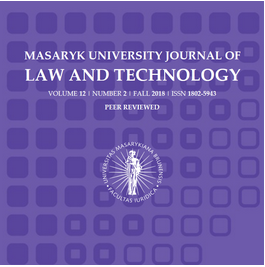Cameralism - Its Relevance for the Knowledge Based Society
Cameralism - Its Relevance for the Knowledge Based Society
Author(s): Adrian MihalacheSubject(s): Education, Governance, Political economy
Published by: Masarykova univerzita nakladatelství
Keywords: Cameralism; Polizeiwissenschaft; RFID; surveillant assemblages; order and security; reliable standards;
Summary/Abstract: The analysis of Cameralism attempted in this paper is meant to provide ideas for an effective regulation of the present-day knowledge-based society. Here are some interesting points of the cameralist approach, which seem promising. First, the cameralists embraced an empirical belief that a growing population is beneficial, owing to the increasingly fine division of labor that it makes possible. This is similar to the present-day belief that the expansion of cyberspace is apt to stimulate the ‘new economy’, as well as the development of new forms of property and new rules of behavior within virtual communities. Second, such categories that cameralists dealt with as principal, agent and property are identifiable now in the form of shareholders, corporate management and intangible assets. Third, the cameralists developed a system of Polizeiwissenschaft, which would account for the maintaining of reliable standards, order and public security. This is quite similar to the “surveillant assemblages” ICT makes possible today. Consequently, one may draw uncanny parallels between the economic, social and political values of the early 21st century and the problematic and practices of 18th Century Cameralism.
Journal: Masaryk University Journal of Law and Technology
- Issue Year: 2/2008
- Issue No: 2
- Page Range: 201-208
- Page Count: 8
- Language: English

